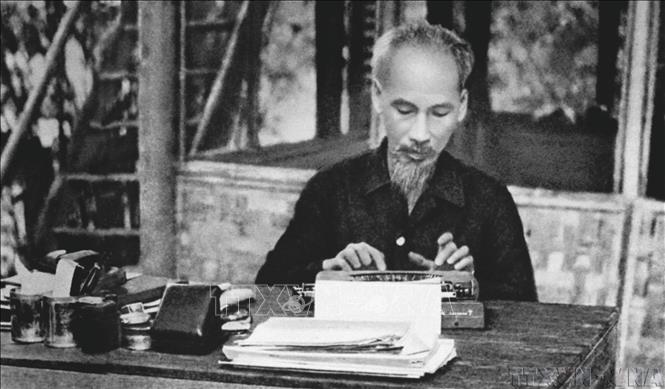
President Ho Chi Minh - The great teacher of Vietnam's Revolutionary Journalism. Photo: VNA archive
President Ho Chi Minh was an outstanding journalist, the founder of the Vietnamese revolutionary press, the one who oriented the ideology, shaped the principles, principles, and methods of operation for the revolutionary press in our country. Before the birth of the Vietnamese revolutionary press, he not only used the press for propaganda and education , but also determined it to be a powerful tool of struggle, contributing to promoting the national liberation movement. He recognized the power of the press through the works of VI Lenin, especially liking the saying: There must be a revolutionary newspaper, without that newspaper we absolutely cannot widely organize the entire revolutionary movement.
With strategic vision and acumen in propaganda work, President Ho Chi Minh created a press with a fighting spirit, close to the masses, and putting national interests first. He pointed out: "The task of the press is to serve the people, serve the revolution... That is the common task of the whole Party and all our people, and also the main task of our press". His views and ideas on building a revolutionary press have become a compass for the Vietnamese press, helping the press continue to promote its pioneering role in the cause of building and defending the country, under the leadership of the Party.
Founder of Vietnam's revolutionary journalism
President Ho Chi Minh participated in journalism activities throughout his revolutionary life. He considered himself a person "fated to journalism". With great determination, perseverance, and tireless efforts, despite not being fluent in the language, at the end of 1917, he self-studied and began writing for newspapers. On June 28, 1919, he sent the Eight-Point Petition to the Versailles Conference. This important article was published in the French Socialist Party's mouthpiece with the title "The Rights of Colonial Peoples, Struggle for Freedom and Democracy for Vietnam". In 1919, in the newspaper Courrier Colonial (Colonial Letter), Nguyen Ai Quoc wrote the article "Colonial Mind", followed by the article "The Indigenous Peoples' Problem"... to expose the colonialists' ambition to keep the indigenous people in slavery forever.
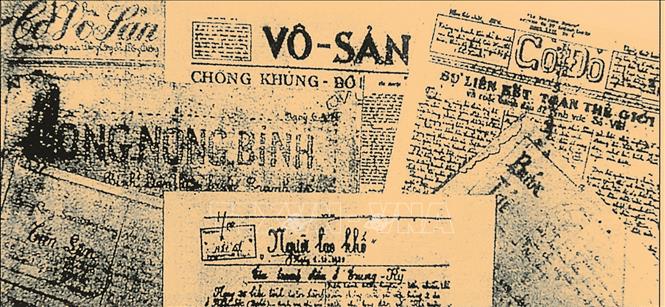
Revolutionary press led by the Party in the early 1930s. Photo: VNA
Then, in 1921, he and other revolutionaries founded the Union of Colonial Peoples, founded the newspaper Le Paria (The Miserable), published its first issue on April 1, 1922, and became the mainstay of the newspaper; he wrote 28 articles in French in 30 issues. In addition, he also co-founded and wrote for many other newspapers such as Vietnam Soul (1923), International Farmer (1924)... During the period from 1919 to 1924, his articles and interviews appeared in many newspapers: Tianjin (an American newspaper published in Beijing, China), Yi Che Pao (Korea); Inprekor magazine (German); Humanity, Workers' Life, People, Communist (France); Whistle, Small Fire, Truth, News, International Farmer (Soviet Union)...
On June 21, 1925, in Guangzhou (China), President Ho Chi Minh founded Thanh Nien newspaper, marking the birth of Vietnam's revolutionary press. The founding day of Thanh Nien newspaper has become the traditional day of Vietnam's revolutionary press. This is the mouthpiece of the Vietnam Revolutionary Youth Association, playing an important role in propagating Marxism-Leninism, arousing patriotism and guiding the revolutionary path for Vietnamese youth.
In more than 200 issues of Thanh Nien newspaper, Nguyen Ai Quoc directly directed the first 88 issues, during the period from June 1925 to April 1927. He directly directed, edited, organized the printing and distribution of the newspaper, ensuring the content was concise, easy to understand, and suitable for the masses. Thanh Nien newspaper initiated the ideological revolution, bringing the traditional ideological foundation of the nation to a new height, making revolutionary journalism a "sharp ideological weapon" in the cause of fighting for national independence and contributing to training the first team of proletarian journalists in Vietnam such as: Le Hong Son, Ho Tung Mau, Le Duy Diem... Thanh Nien newspaper contributed to preparing politically, ideologically and organizationally for the birth of the Communist Party of Vietnam and then the revolutionary organizations in the Vietnam National United Front.
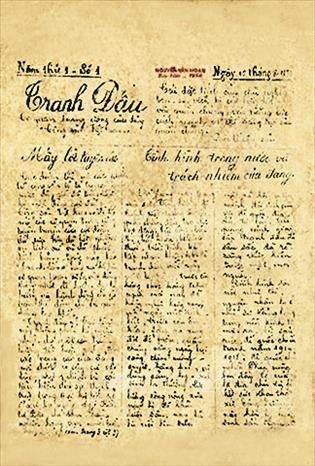
Revolutionary press led by the Party in the early 1930s. Photo: VNA
The one who builds and develops the legacy of revolutionary journalism
To consolidate and foster the fighting strength of the young revolutionary newspapers, leader Nguyen Ai Quoc - Ho Chi Minh clearly defined the mission of the proletarian press: not simply to reflect information, but to propagate Marxism - Leninism, arouse patriotism, awaken the masses, the press is also a tool to lead, organize revolutionary forces and orient and gather people to fight. He determined: The task of the newspaper is to propagate, agitate, train, educate, and organize the people, to bring them to a common goal... The motto of the newspaper is to unite the entire people. The target audience of the newspaper is the vast majority of the people. The content of the articles must be simple, easy to understand, popular, practical, and lively. This is the guiding principle throughout, becoming the core principle of the Vietnamese revolutionary press throughout history.
In early 1941, after returning home after 30 years of working abroad, he founded and organized the Independent Vietnam newspaper - a newspaper considered a model of revolutionary newspapers developed from the grassroots; he directly directed the first 36 issues; the purpose was "to make our people stop being stupid and cowardly, to know things, to know how to unite, to fight the French, to fight the Japanese, to make "Vietnam independent", equal, and free".
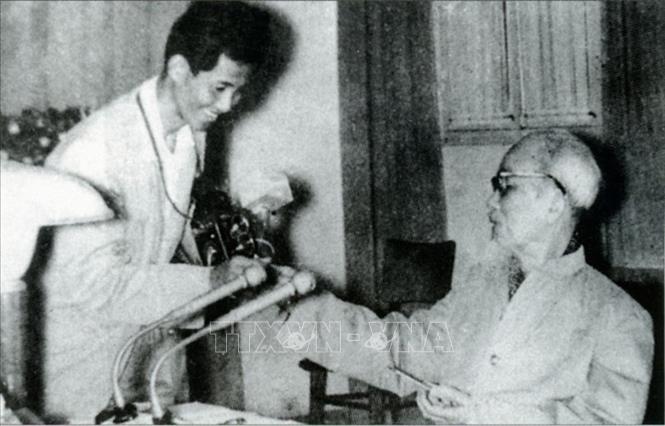
President Ho Chi Minh gave aromatic cigarettes to journalist Lam Hong Long - author of the famous photo "Uncle Ho keeping pace with the Song of Solidarity". Photo: Document/VNA
In 1942, he organized the establishment of the newspaper Cuu Quoc. After gaining power and during the two resistance wars against France and the US, President Ho Chi Minh was the highest leader of the Party and State. Despite his busy work, he still wrote articles for newspapers regularly. From August 1945 to 1954, President Ho Chi Minh wrote many articles for the newspapers Su That, Cuu Quoc, Nhan Dan, Ve Quoc Quan, and the magazine Sinh Hoat Noi Boi... Occupying a prominent position in the journalistic works of this period were hundreds of his articles expressing timely guiding viewpoints on current issues and important areas of the resistance and nation-building work.
During the years 1954 - 1969, Ho Chi Minh wrote hundreds of articles published in newspapers and magazines at home and abroad, with current topics in the fields of socio-economics, Party building and political system, good people, good deeds and the struggle against French colonialism and American imperialism. With more than 170 pen names, two-thirds of which were used in articles; each name was an incarnation, a message, expressing the height of his ideology.
In the half century since the first article was published until his death, President Ho Chi Minh left behind a huge and rich treasure of journalistic works, including many genres, with more than 2,000 articles published in more than 50 newspapers and magazines at home and abroad, in many languages: English, French, Russian, Chinese, Vietnamese..., demonstrating the height of revolutionary ideology, patriotism, love for the people and pure revolutionary ethics, with simple, popular language, with a diverse and attractive style, capable of moving the hearts and minds of hundreds of millions of people around the world.
The person who guides the ideology and shapes the activities of revolutionary journalism
Like many leaders of the proletariat such as Karl Marx, Friedrich Engels, and William I. Lenin, President Ho Chi Minh began his revolutionary career by speaking out in the press. He fought tirelessly for freedom of the press to defend justice, the nation, and the people; condemned the loss of press freedom; at the same time, he emphasized the critical function of the press, criticized the brutal political regime and the tendency to enslave the colonial regime, criticized on a large scale many economic issues, and thereby exposed political acts that went against freedom, democracy, and progress. Accordingly, the press became a forum for people to express their will and aspirations; a measure of the spiritual life and level of democracy in society; a mirror reflecting the cultural and scientific level of the country.
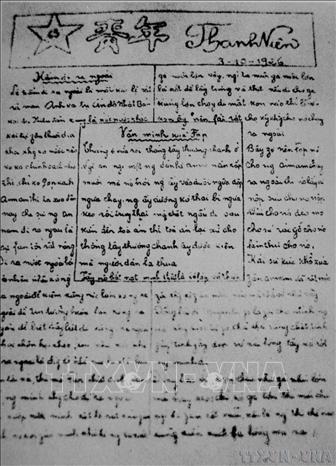
On June 21, 1925, Thanh Nien Newspaper published its first issue. President Ho Chi Minh was both the editor-in-chief and a reporter, writing many news and articles for the newspaper. Thanh Nien Newspaper published 88 issues, making an important contribution to spreading Marxism-Leninism in Vietnam, preparing ideology and organization for the establishment of the Communist Party of Vietnam in 1930. Photo: Document/VNA
At the same time, he oriented revolutionary press activities to serve the working people, serve socialism, serve the struggle for national unification, serve world peace. In press activities, politics must be the master, only when the political line is correct can other things be correct, so our press must have the correct political line. This is considered an immutable principle, the motto, the ultimate goal of Vietnam's revolutionary press and still holds its value today.
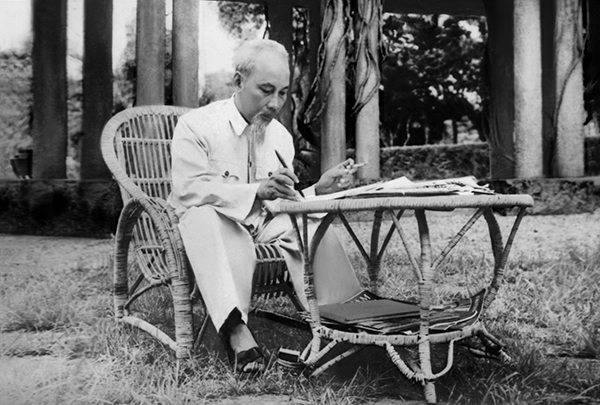
President Ho Chi Minh edits the news bulletin of Vietnam News Agency at the Presidential Palace. Photo: File/ VNA
Accordingly, President Ho Chi Minh required that journalists must always maintain a firm proletarian stance; strive to study, improve their cultural level and deepen their professional knowledge; need to learn more from the experiences of fraternal countries; journalists must at least know one foreign language.
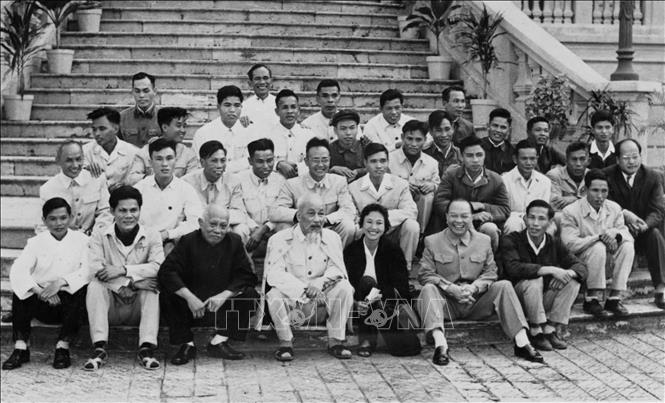
President Ho Chi Minh, Vice President Ton Duc Thang and comrade Truong Chinh took a souvenir photo with a group of reporters serving the 3rd National Party Congress (September 1960). Photo: Archive/ VNA
President Ho Chi Minh emphasized that the press must have a fighting spirit, a pioneering spirit and a clear orientation. The revolutionary press must be a sharp weapon in the political and ideological struggle and the orientation of social life; must play a pioneering role in disseminating progressive ideas and knowledge, discovering important events, leading and promoting the revolutionary movement; act as a "torch", a "flag", a leading voice to orient the movement, protect and develop the movement, pioneer in paving the way, and lead the masses. He reminded the press to carry out the task of making thoughts and actions clear and unified, and must be "like simple, practical and widespread training courses" to guide the masses in the methods of propaganda, organization, leadership and work, helping to improve political level and work productivity.
In addition, he required each newspaper to create its own characteristics and style depending on the target audience, not to be stereotyped in form; in terms of topics and sections in newspapers, to avoid duplication, dryness, and boredom. In addition, President Ho Chi Minh required in writing for newspapers: "Write simply, easily understood, and practically. So that every compatriot and every soldier can read, understand, remember, and do it." He clearly stated that the purpose of writing for newspapers is to write for the majority, to serve the masses, to highlight the good and the good of our people, our soldiers, our cadres, and to criticize the enemy.
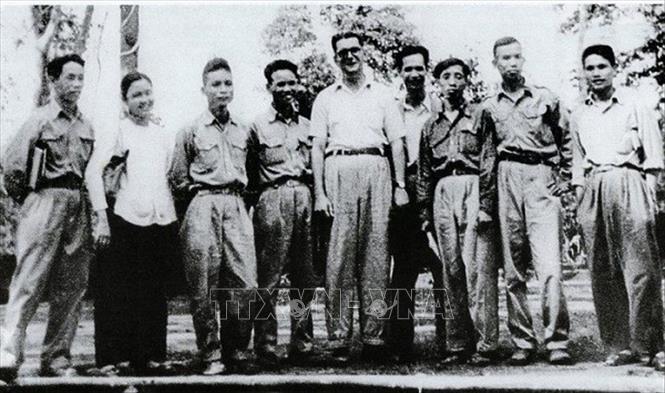
Vietnamese and international journalists attend the first Congress of the Association of Vietnamese Journalists (now the Vietnam Journalists Association) in Roong Khoa hamlet, Diem Mac commune, Dinh Hoa district (Thai Nguyen), April 21, 1950. Photo: Document/VNA
It can be seen that President Ho Chi Minh has built a profound system of viewpoints that has helped to orient and shape the activities of the Vietnamese revolutionary press since its inception, from the issue of press freedom, the characteristics of press activities to the way of writing newspapers. These theses are not only based on Marxist ideology on the spiritual activities of society but also drawn from the practice of a journalist who spent his life using the press as a sharp weapon in the revolutionary struggle. After 100 years of history of the Vietnamese revolutionary press, his ideology and press legacy still guide and orient the country's press to continue to develop strongly, contributing to the cause of building and defending the Fatherland in the new era - the era of national growth, the era of development, wealth and prosperity.
Associate Professor, Dr. Vu Trong Lam - Director, Editor-in-Chief of the National Political Publishing House Truth
VNA/ News and People Newspaper
Source: https://baotintuc.vn/thoi-su/chu-cich-ho-chi-minh-nguoi-sang-lap-va-dinh-huong-dinh-hinh-bao-chi-cach-mang-viet-nam-20250620071147144.htm


![[Photo] National Assembly Chairman Tran Thanh Man holds talks with South Korean National Assembly Chairman Woo Won Shik](/_next/image?url=https%3A%2F%2Fvphoto.vietnam.vn%2Fthumb%2F1200x675%2Fvietnam%2Fresource%2FIMAGE%2F2025%2F11%2F20%2F1763629724919_hq-5175-jpg.webp&w=3840&q=75)



![[Photo] President Luong Cuong receives President of the Senate of the Czech Republic Milos Vystrcil](/_next/image?url=https%3A%2F%2Fvphoto.vietnam.vn%2Fthumb%2F1200x675%2Fvietnam%2Fresource%2FIMAGE%2F2025%2F11%2F20%2F1763629737266_ndo_br_1-jpg.webp&w=3840&q=75)
![[Photo] Lam Dong: Panoramic view of Lien Khuong waterfall rolling like never before](/_next/image?url=https%3A%2F%2Fvphoto.vietnam.vn%2Fthumb%2F1200x675%2Fvietnam%2Fresource%2FIMAGE%2F2025%2F11%2F20%2F1763633331783_lk7-jpg.webp&w=3840&q=75)
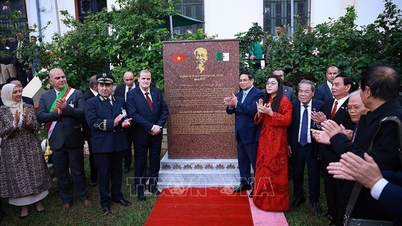
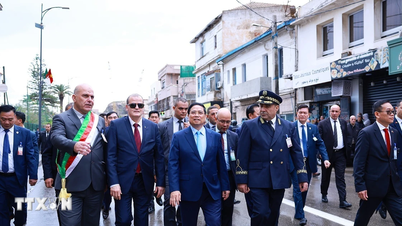

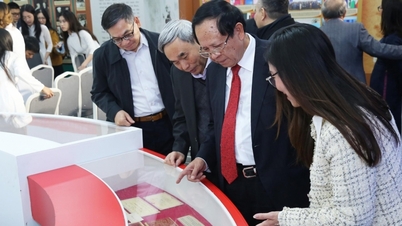

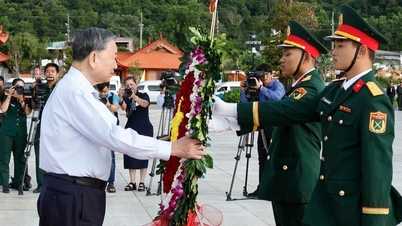

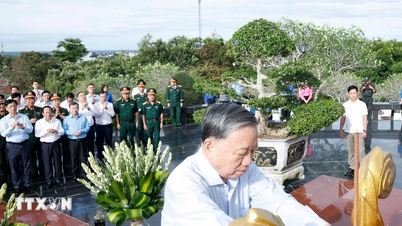
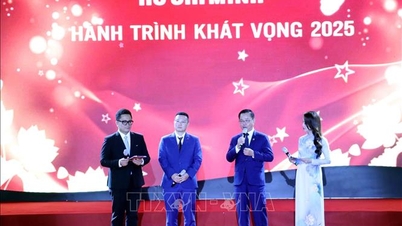













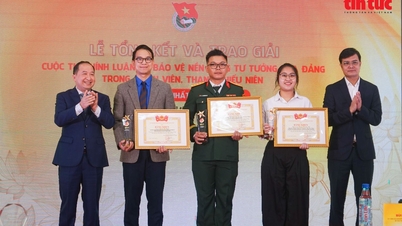
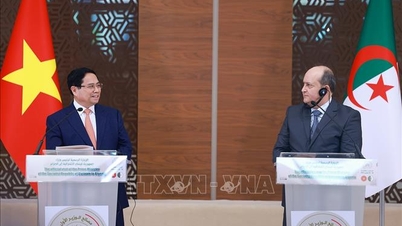
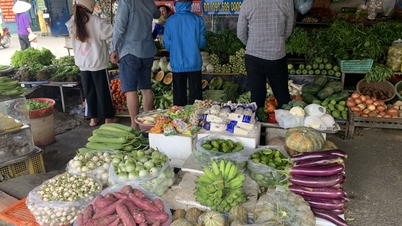
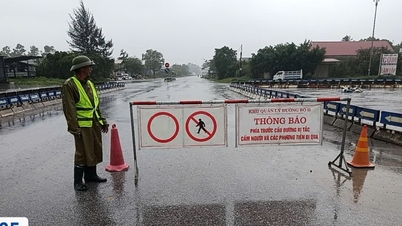
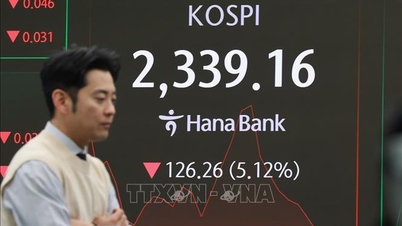



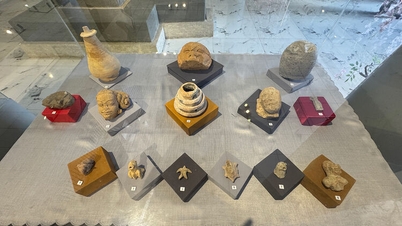



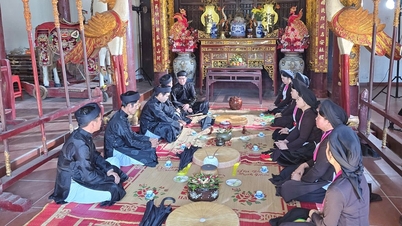








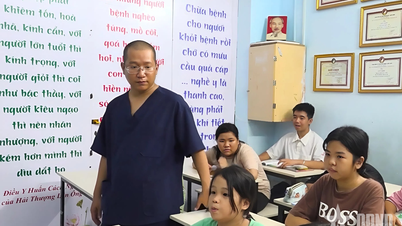

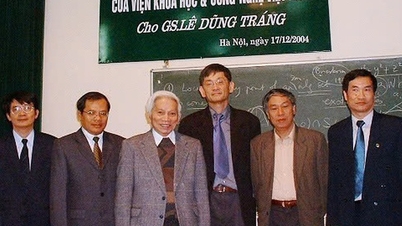

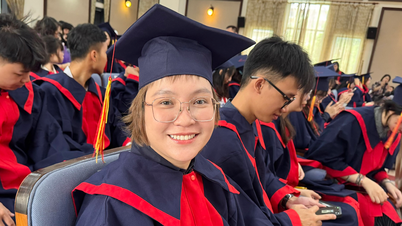
















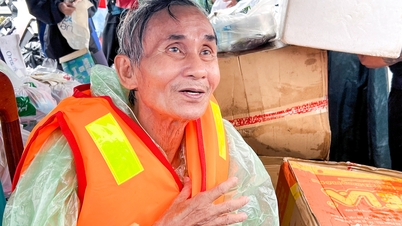
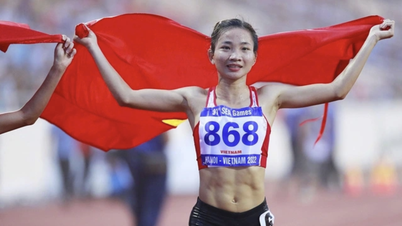
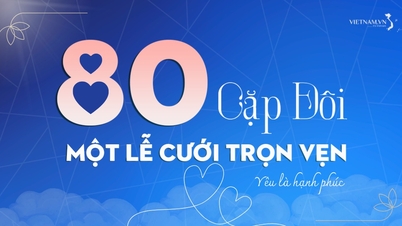
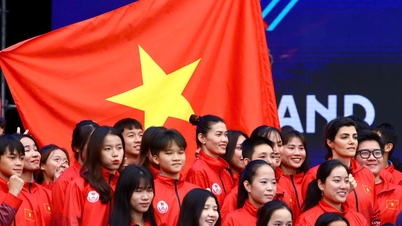

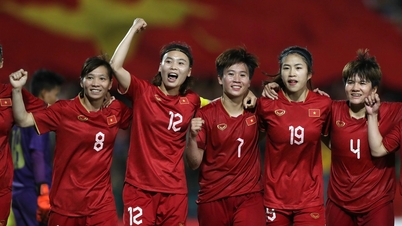

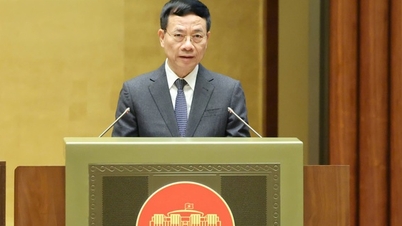




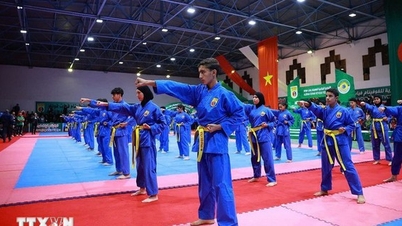



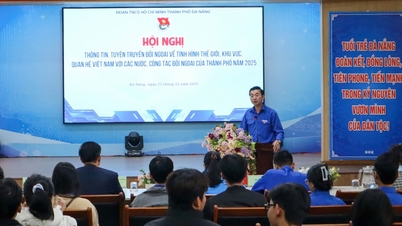





















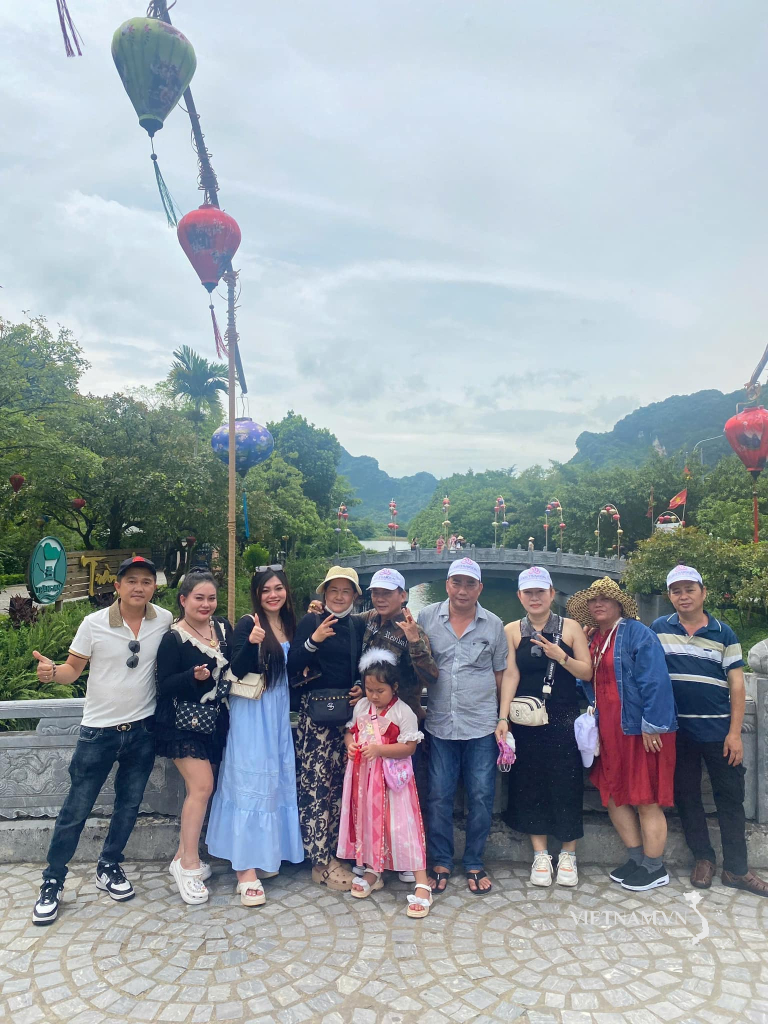
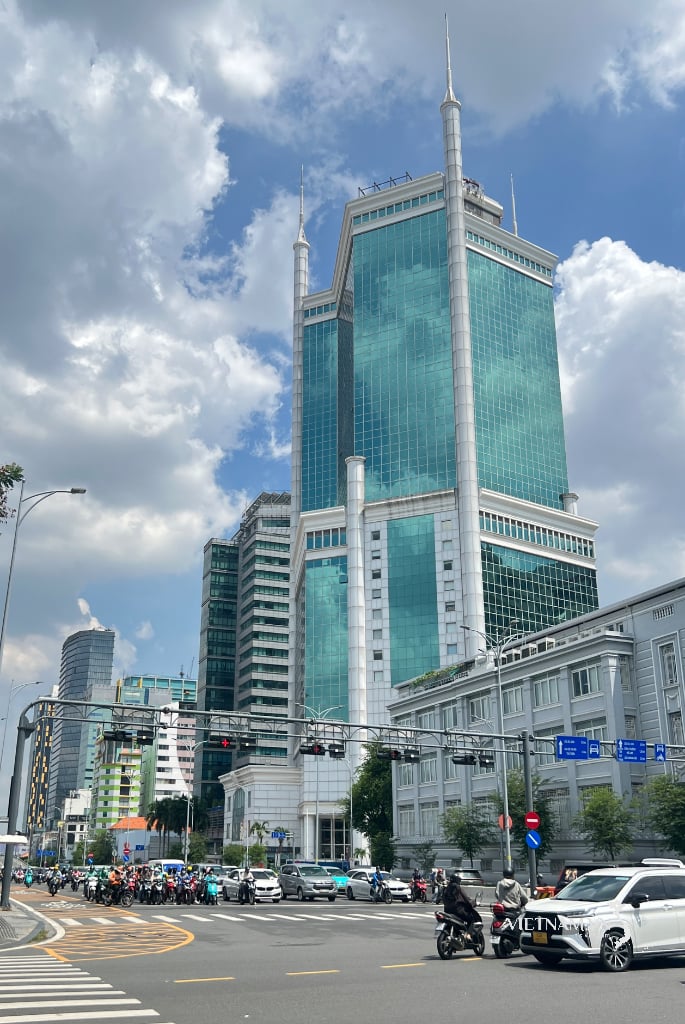


Comment (0)